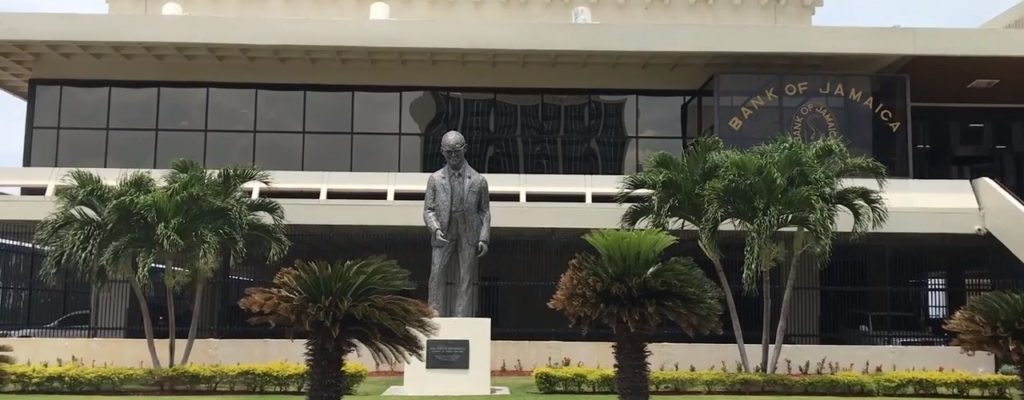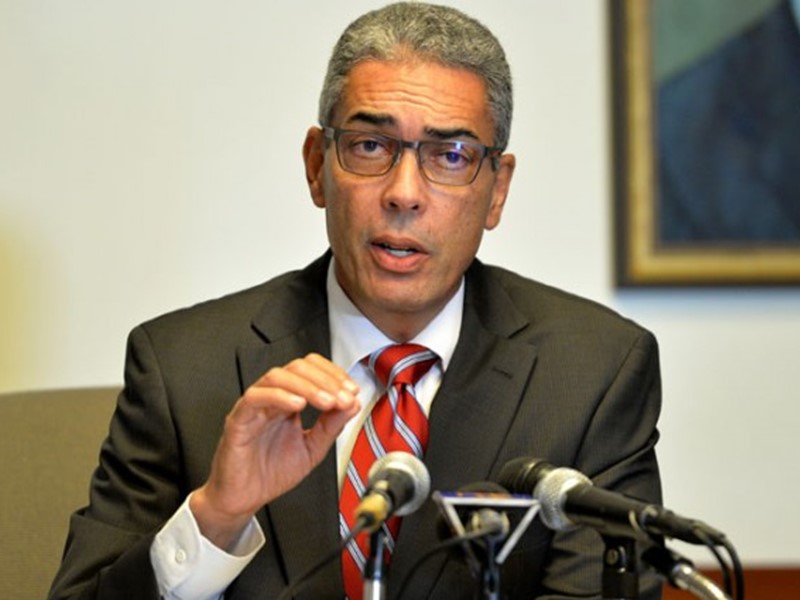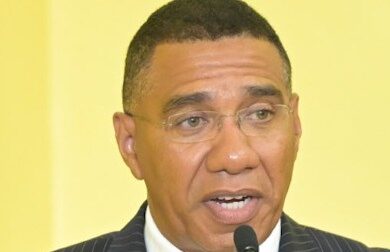

With rampant inflation, a sliding dollar, supply-chain bottlenecks, a likely drop off in remittances, the Jamaican economy now has to face the prospect of oil prices at US$100 a barrel scenario and an energy bill close to US$2 billion.
Electricity prices in Jamaica are already the fifth highest in the world.
Speaking on the matter of geo-political tensions and rising oil prices against the background of containing inflation at a press conference yesterday (February 21), Governor of the Bank of Jamaica (BOJ) Richard Byles said: “As oil prices rise, the cost to us in foreign currency gets higher and higher. Remember though that these days we are more linked to LNG than to crude oil. Sometimes their prices move in tandem but that’s not always the case. We always watch oil prices but we more keenly watch LNG prices.
“That being said, once oil prices drag along LNG prices, it will be costly to us.”
WATCH ENERGY PRICES CAREFULLY
Today West Texas Intermediate (WTI) hit a high of US$96 a barrel while Brent went as high as US$98 a barrel. The BOJ has used some metrics to consider a US$100 a barrel scenario and its impact on inflation and FX demand.
Jamaica is a small, open energy-import dependent country and has to watch energy prices very carefully.
Deputy Governor Robert Stennett, head of the Research and Economic Programming Division (REPD) at the BOJ, explained: “Inflation is very sensitive to increases in oil prices and as you know it affects the price of electricity and the price of fuel that is purchased by motorists. If oil prices were to go above US$100 a barrel and remain there for two quarters ( June quarter and beyond that), it could have the effect of pushing inflation higher by 1 to 1.5 percentage points for that period.

“For the balance of payments the implications for imports and FX demand is stark. A similar shock would cause the trade balance to be wider by upwards of US$150 million per year. Of course, once FX demand rises, the central bank will have to be more sensitive to the impact of that on the exchange rate.”
Stennett further added that was just a scenario but the BOJ’s view is that oil prices are unlikely to remain this high because geo-political tensions are essentially flavours of the day.
Here he said: “What is happening in Russia is already being countered by the US and Iran brokering an agreement that would increase world supply. So, as soon as these geo-political tensions dissipate the natural growth in oil supply that is brought on by OPEC and by the other oil producers particularly in the US coming on stream is likely to satisfy the growth in demand that is emerging, so our baseline view is that energy prices should come down, but of course we have prepared for the worst.”







Comments